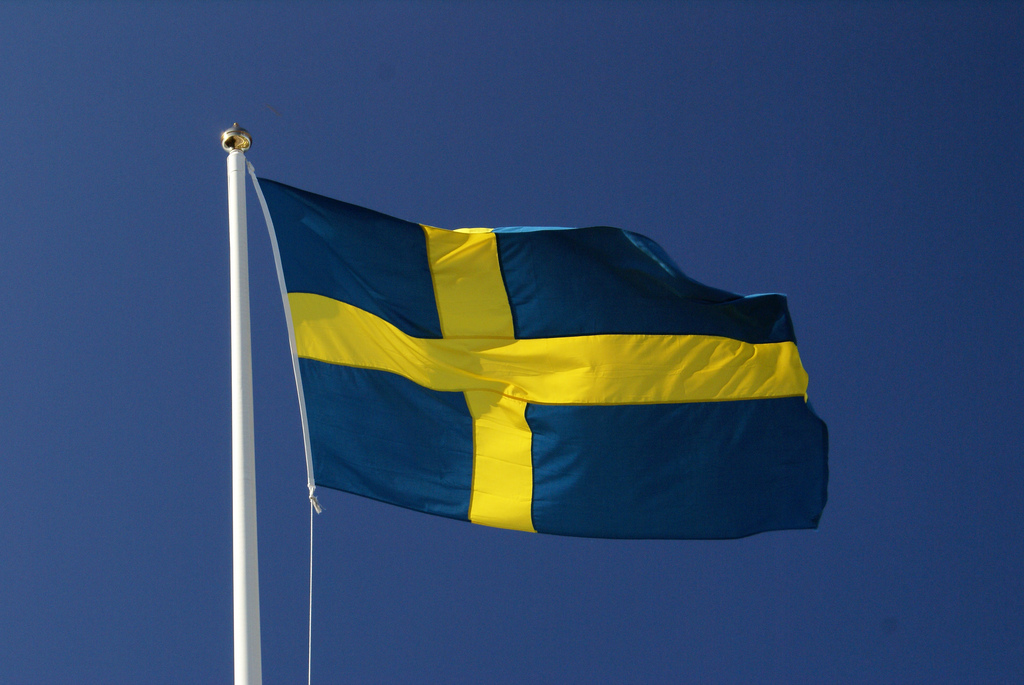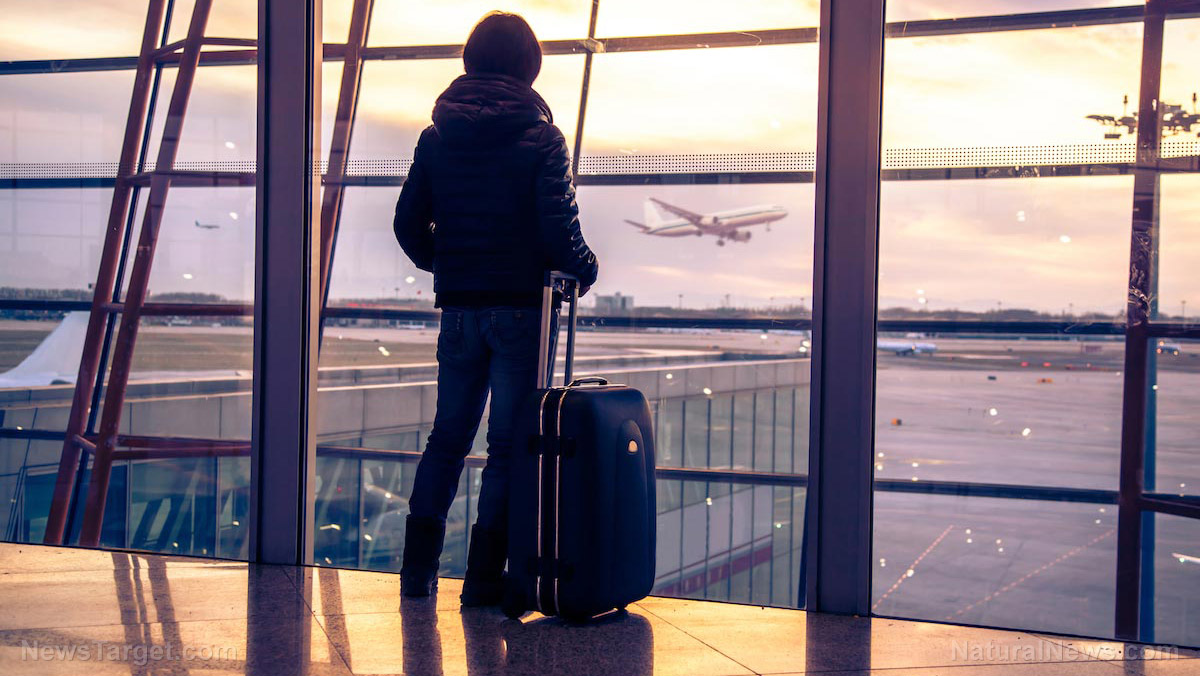Sweden’s chief epidemiologist believes no-lockdown approach was winning strategy against COVID-19
09/28/2021 / By Mary Villareal

Swedish State Epidemiologist Anders Tegnell, a soft-spoken official in the Swedish Health Agency, has quietly been going about his work in monitoring infectious diseases. But when COVID hit, his long-established plan was opposite of what the rest of the world recommended.
Tegnell decided not to recommend mandatory lockdowns nor close schools. Back in July 2020, he defended the lack of mask mandates, saying that he was hopeful that the widespread immunity would protect the Swedes from a bad winter wave — which turned out to be overly optimistic.
But just over a year later, before Sweden lifted all of its remaining COVID restrictions, Tegnell felt vindicated.
In an interview, Tegnell noted that Sweden has seen fewer deaths in 2020 compared to other European countries that imposed lockdowns. Preliminary data from the EU statistics agency suggested that Sweden had excess mortality of 7.7 percent in 2020, compared to 18.1 percent for Spain and 16.2 percent for Belgium.
However, other Nordic countries that did embrace lockdowns managed to achieve lower excess mortality than Sweden. Norway, for instance, registered no excess deaths in the same year.
Tegnell admitted that Sweden made assumptions about the level of immunity necessary to control the virus that was not attainable. He said that there was a need for a much higher level of immunity in a population that can only shift through vaccination to control the disease in a reasonable manner.
He also added that achieving a high vaccination rate is the one way that the world can get out of the pandemic, as vaccines are highly effective against severe disease and death from COVID-19.
Still, Tegnell defended his decision to let children continue with face-to-face classes in Sweden, arguing that while children have been affected by the pandemic, it was to a lot lesser degree than they would have been if the government had decided to close schools.
Sweden’s strategy remains controversial
Months before the COVID-19 cases were detected, public health experts ranked Sweden as one of the most prepared countries to handle a pandemic. But with the unorthodox approach, it seems that the bet was wrong: Sweden had recorded higher COVID-19 cases per capita compared to other countries. Since the beginning of the pandemic, roughly 11 out of 100 people in Sweden have been diagnosed with COVID-19.
Compared to other EU countries, 9.4 out of every 100 cases is recorded in the U.K. and 7.4 per 100 in Italy.
Sweden also recorded around 145 COVID-19 deaths for every 100,000 individuals, which is three times more compared to Denmark, eight times more than Finland and nearly 10 times more than Norway.
If Sweden decided to implement tighter rules, the country may have seen lower death tolls, similar to the rest of its Nordic neighbors.
“They underestimated the mortality tremendously,” said Claudia Hanson, an associate professor at Sweden’s Karolinska Institute. She also said that Sweden had a dream for many people to think it can do things differently, but in retrospect, it may not have been a good idea.
Many disease experts warned that Sweden’s lax approach would result in unnecessary deaths, but Tegnell, who led Sweden’s coronavirus strategy, was wary of depriving residents of income or personal freedom. (Related: Is Sweden making the right choice by refusing coronavirus lockdowns?)
Thus, Sweden went on to become one of the few European nations not to implement full-scale lockdowns. Its population mobility from March to May 2020 went down the least out of 28 countries examined by the Organization for Economic Cooperation and Development. Public transport and leisure activities only dropped by 22 percent during the time, compared to the 66 percent mobility drip in Spain, which saw the highest reduction in mobility.
When Sweden opted for a no-lockdown strategy, scientists were still looking into how deadly and contagious the virus was. But according to email exchanges published by freelance journalists, Tegnell was considering allowing the virus to infect young, healthy people to increase immunity in the population.
Hanson said she was “absolutely disgusted” by Tegnell’s approach, as it presumed knowledge that scientists did not have at the time, adding that the supremacy of the Swedish approach is what made the move terrible.
Eventually, after the increase in daily COVID-19 cases, hospitalizations and deaths that skyrocketed from October to December, the country finally decided to close non-essential public spaces such as gyms, pools and libraries and recommended masks during rush hour on public transport.
Get more news and updates about how COVID-19 is affecting different parts of the world at Pandemic.news.
Sources include:
Tagged Under: Anders Tegnell, coronavirus, covid-19, health freedom, herd immunity, infections, mask mandates, no lockdown, novel coronavirus, outbreak, pandemic, Sweden
RECENT NEWS & ARTICLES
COPYRIGHT © 2017 PREVENTION NEWS




















